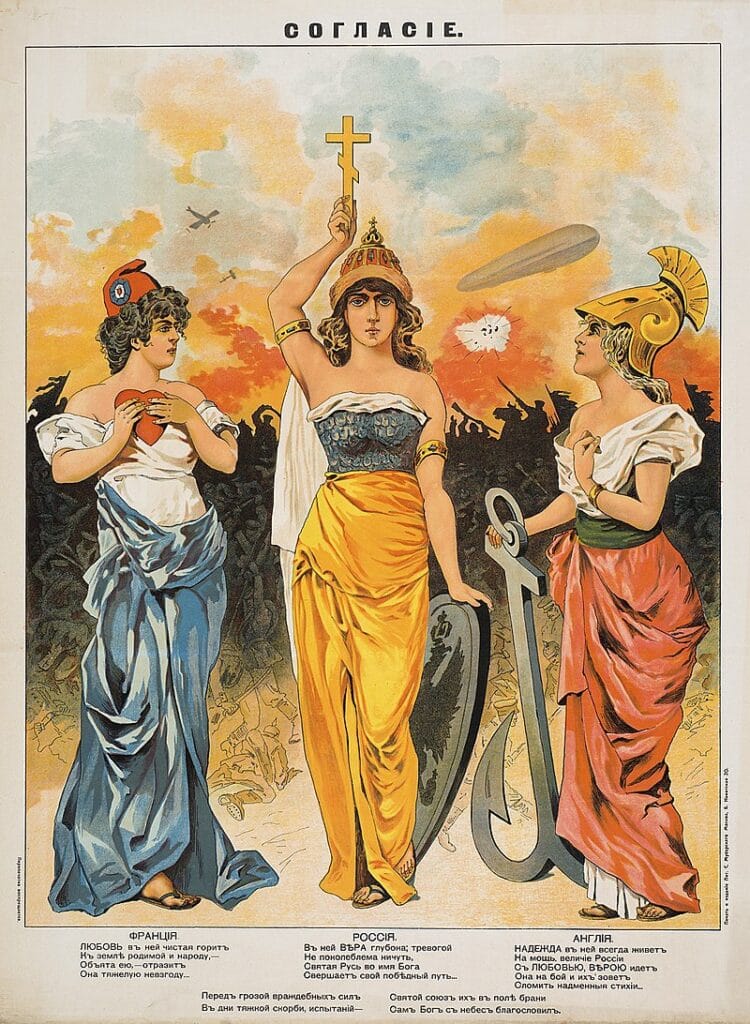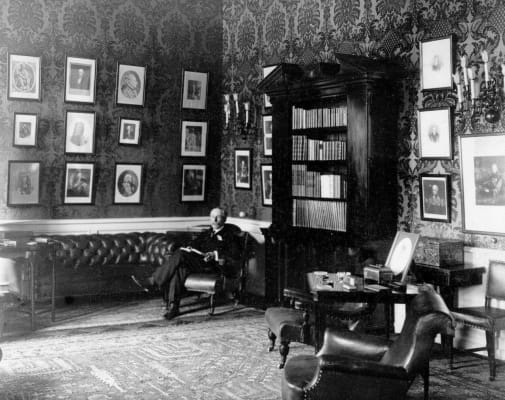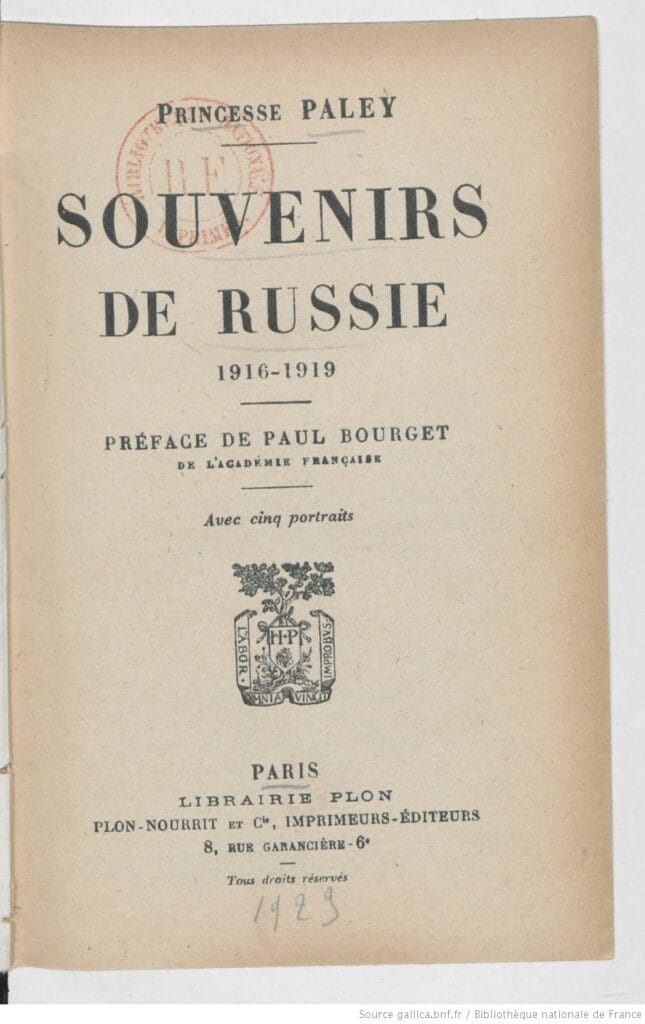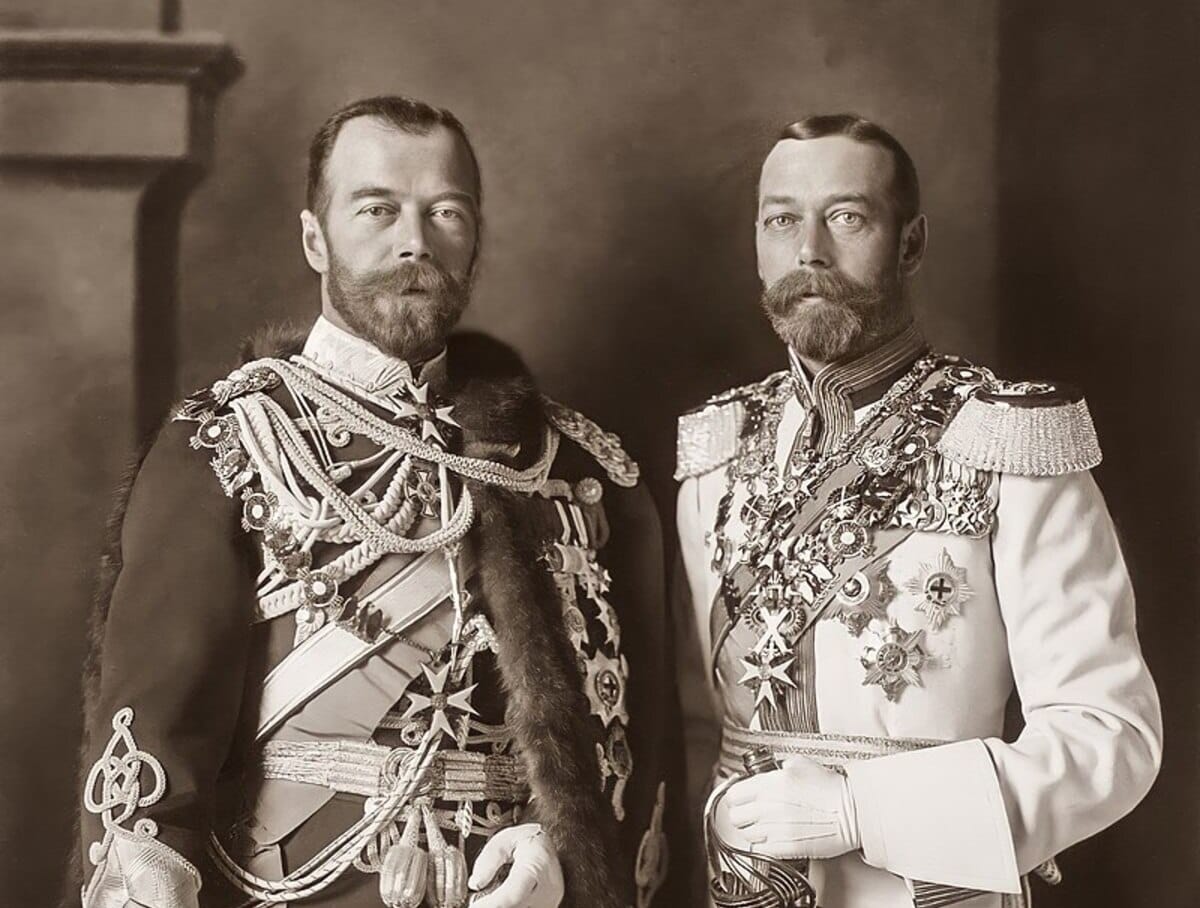On May 15, 2023, in an interview with Ksenia Sobchak, Metropolitan Tikhon (Shevkunov) cited a phrase allegedly said by British Prime Minister Lloyd George and indicating a British conspiracy against the Russian monarchy. We decided to check whether this attribution is correct.
Metropolitan Tikhon (Shevkunov) of Pskov and Porkhov is one of the most influential hierarchs of the Russian Orthodox Church. He heads Patriarchal Council for Culture and included to the Council for Culture and Art under the President of the Russian Federation, also his called confessor of Vladimir Putin. IN interview Ksenia Sobchak, published on the journalist’s YouTube channel on May 15, 2023 and having collected more than 500,000 views at the time of writing, the clergyman said: “Lloyd George, Prime Minister of Great Britain, when they overthrew Nicholas II, whom he hated and did not obey Britain, he said: “Well, one of the goals of this war has been achieved.” The same quote appears in many books, films and articles dedicated to the February Revolution of 1917 and the abdication of Nicholas II. For example, a phrase attributed to the British Prime Minister is mentioned in the film "Nicholas II. A thwarted triumph"(2008), it is also in the book of the director of this film, Peter Multatuli, "Emperor Nicholas II and the pre-war crisis of 1914"(2014). The quote appears in interviews with various figures: Soviet diplomat Valentina Falinahistorian specializing in the "Anglo-Saxon conspiracy" Andrey Fursov, archbishop Montreal and Canadian Gabriel (Chemodakova).
David Lloyd George took over the British government in 1916, at the height of the First World War. Russia at that time was an ally of Great Britain and France Entente. Great Britain was interested in Russia continuing the war with Germany and Austria, and largely for this reason did not condemn the February Revolution. About this spoke and Lloyd George himself at a meeting of Parliament on March 19, 1917: “As far as we know, the revolution has taken place with very little bloodshed, and the new government has the support of the whole country, as well as the army and navy. The information we have received, however, does not allow us to say that all dangers have passed, but it is good to know that the new government has been formed with the firm intention of continuing the war."

But there is no hint in the British Prime Minister's speech that his country's goal was to overthrow the Russian monarchy - by revolutionaries or otherwise. There is no quotation given by Tikhon in any other speeches Lloyd George, nor in his essays.
In fact, this is not a quote, but a later free retelling of rumors that circulated in Petrograd in 1917. Since 1916, British Ambassador George Buchanan had been warning Nicholas II and Russian dignitaries about the imminent revolution that would occur if the authorities did not listen to the dissatisfied. About this, in particular, testifies another diplomat, the French ambassador Maurice Paleologue. After the revolution, Buchanan had to justify himself for a long time: among the emigrants there was an opinion, not supported by any weighty evidence, that he was on the side of the revolutionaries and was almost at the head of an anti-monarchist conspiracy.

In their memoirs Buchanan gives an example of such rumors. In the magazine Revue de Paris since 1922 published memoirs of Princess Olga Paley, widow of the Grand Duke executed by the Bolsheviks Pavel Alexandrovich. She claimed that the British embassy in Petrograd became the center of a conspiracy in which future members of the Provisional Government participated. “In St. Petersburg, at the beginning of the revolution, they said that Lloyd George, having learned about the fall of tsarism in Russia, rubbed his hands, saying: “One of the English goals of the war has been achieved,” wrote Princess Paley. Buchanan accompanies this passage with the following comment: “That Princess Paley is gifted with a vivid imagination is no secret to me, and I can only thank her for this exemplary work of art.”

Buchanan then convincingly explains why such a situation and phrase was impossible. “Mr. Lloyd George took our national interests too close to heart for him to authorize me to initiate a revolution in Russia in the midst of a world war,” the diplomat writes. The ambassador explains that his duty was to communicate with representatives of all legal political parties in the country. In addition, Buchanan recalls, most of the future members of the Provisional Government with whom he came into contact were at that moment monarchists.
Thus, the quote attributed to Lloyd George has no official confirmation. This phrase is a retelling of rumors that appeared shortly after the revolution and were first recorded in print only a few years later.
Cover photo: Nicholas II and King George V of Great Britain, 1913. Photo: Wikimedia Commons
Incorrect quote attribution
Read on the topic:
- Did Lord Palmerston say: “How boring it is to live in the world when no one fights Russia”?
- Did Churchill say that Britain is not at war with Hitler, but with the German spirit?
- Did Churchill say that Stalin received Russia with a plow and left it with an atomic bomb?
If you find a spelling or grammatical error, please let us know by highlighting the error text and clicking Ctrl+Enter.






